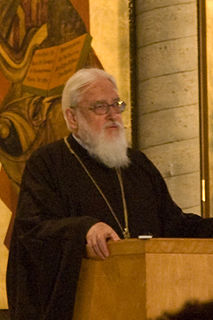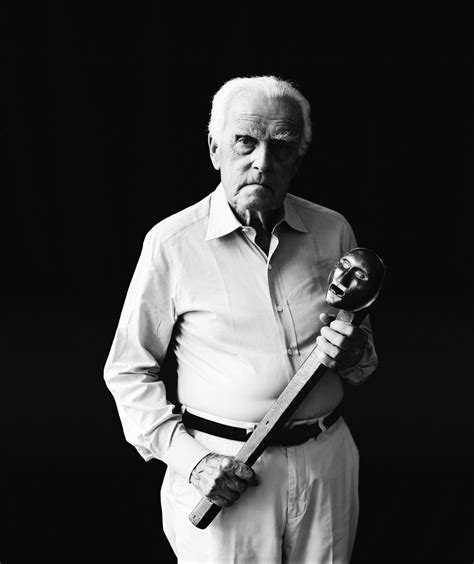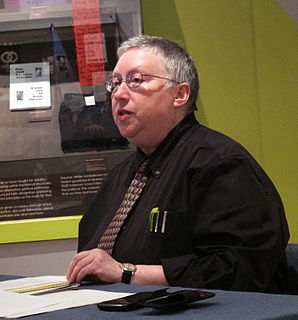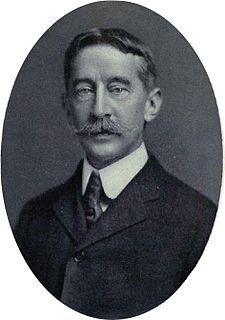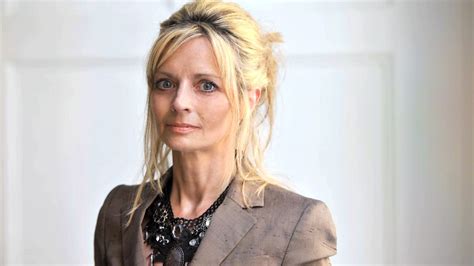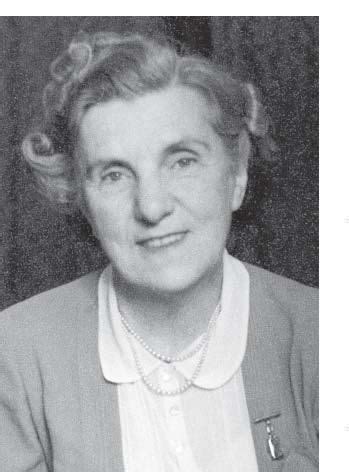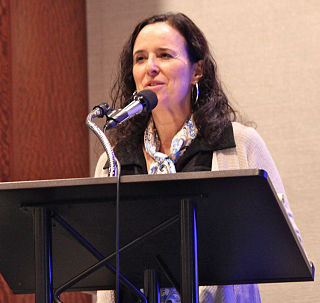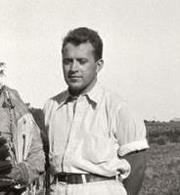A Quote by Ernest Becker
Why would a person prefer the accusations of guilt, unworthiness, ineptitude — even dishonor and betrayal — to real possibility? This may not seem to be the choice, but it is: complete self-effacement, surrender to the “others,” disavowal of any personal dignity or freedom — on the one hand; and freedom and independence, movement away from the others, extrication of oneself from the binding links of family and social duties-on the other hand. This is the choice that the depressed person actually faces.
Quote Topics
Related Quotes
The real "haves" are they who can acquire freedom, self-confidence, and even riches without depriving others of them. They acquire all of these by developing and applying their potentialities. On the other hand, the real "have nots" are they who cannot have aught except by depriving others of it. They can feel free only by diminishing the freedom of others, self-confident by spreading fear and dependence among others, and rich by making others poor.
There is always a choice." "You mean I could choose certain death?" "A choice nevertheless, or perhaps an alternative. You see I believe in freedom. Not many people do, although they will of course protest otherwise. And no practical definition of freedom would be complete without the freedom to take the consequences. Indeed, it is the freedom upon which all the others are based.
It is difficult for me to imagine what “personal liberty” is enjoyed by an unemployed hungry person. True freedom can only be where there is no exploitation and oppression of one person by another; where there is not unemployment, and where a person is not living in fear of losing his job, his home and his bread. Only in such a society personal and any other freedom can exist for real and not on paper.
Direct interference in a person's life does not enter our scope of activity, nor, on the other, tralatitiously speaking, hand, is his destiny a chain of predeterminate links: some 'future' events may be linked to others, O.K., but all are chimeric, and every cause-and-effect sequence is always a hit-and-miss affair, even if the lunette has actually closed around your neck, and the cretinous crowd holds its breath.
In Hollywood, the ... basic freedom of being able to choose between alternatives is absent. The gifted people who have the capacity for choice cannot exercise it; the executives who technically have the freedom of choice do not actually have it, because they usually lack the knowledge and imagination necessary for making such a choice.
For poets today or in any age, the choice is not between freedom on the one hand and abstruse French forms on the other. The choice is between the nullity and vanity of our first efforts, and the developing of a sense of idiom, form, structure, metre, rhythm, line - all the fundamental characteristics of this verbal art.
Life's so ordinary that literature has to deal with the exceptional. Exceptional talent, power, social position, wealth.... Dramabegins where there's freedom of choice. And freedom of choice begins when social or psychological conditions are exceptional. That's why the inhabitants of imaginative literature have always been recruited from the pages of Who's Who.
The isolated individual is not a real person. A real person is one who lives in and for others. And the more personal relationships we form with others, the more we truly realize ourselves as persons. It has even been said that there can be no true person unless there are two, entering into communication with one another.
America does not go abroad in search of monsters to destroy. She is the well-wisher to the freedom and independence of all. She well knows that by enlisting under other banners than her own, were they even the banners of foreign independence, she would involve herself beyond the power of extrication in all the wars of interest and intrigue, of individual avarice, envy and ambition, which assume the colors and usurp the standards of freedom.
Even in an intensely mediated world, in a world that offers at least the illusion of radical self-invention and radical freedom of choice, I as a novelist am drawn to the things you can't get away from. Because much of the promise of radical self-invention, of defining yourself through this marvelous freedom of choice, it's just a lie. It's a lie that we all buy into, because it helps the economy run.
Some people surrender their freedom willingly but others are forced to surrender it. Imprisonment begins with birth. Society, parents they refuse to allow you to keep the freedom you were born with. There are subtle ways to punish a person for daring to feel. You see that everyone around you has destroyed his true feeling nature. You imitate what you see.
When the psychiatrist approves of a person's actions, he judges that person to have acted with "free choice"; when he disapproves,he judges him to have acted without "free choice." It is small wonder that people find "free choice" a confusing idea: "free choice" appears to refer to what the person being judged (often called the "patient") does, whereas it is actually what the person making the judgment (often a psychiatrist or other mental health worker) thinks.












